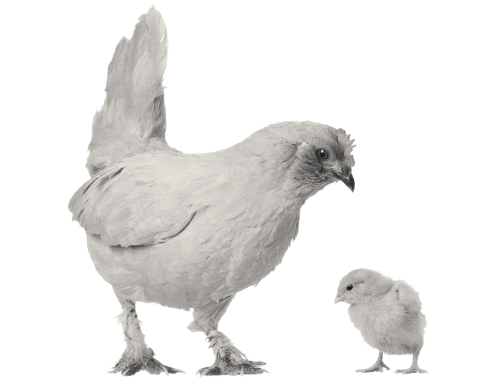Whether you’re looking for help and information about your parents or as a parent or guardian yourself, this section’s got it covered. It includes information for parents or guardians of every age, including teen parents, and for parenting toddlers to teens. You’ll also find help here with family planning, like working out if now is or isn’t a good time for you to become a parent in the first place.
Parenting

Highlighted content
My father and I don't have the best relationship but he continually forces me to give him hugs, kisses, etc. even after I say no. It really bothers me, even if it is just a kiss on the cheek. He also...
My father isn't respecting my personal boundaries.
- Heather Corinna
Articles and Advice in this area:
- Verse Atoui
Puberty can be extra-rough for intersex kids. Supporting and affirming your child starts with centering their needs.
- Sam Wall
We encourage parents and guardians to have honest, supportive conversations with young people about sex and relationships. Because we know that can sometimes be intimidating, we’re always on the lookout for resources to help with the trickier parts of those interactions, which is why we were excited to read the recently released Sex Education for Boys: A Parent’s Guide: Practical Advice on Puberty, Sex, and Relationships by Scott Todnem. Scott chatted with us about how the book came to be, how to model positive masculinity, and the different challenges that come with raising boys.
- Jaclyn Friedman
You sound like such a thoughtful parent AND educator. I’m so glad you wrote in! I’ve got lots of practical advice for you, but before I get to it, I hope you’ll have patience while I talk a bit about a couple of crucial ideas embedded in your question. First, thank you for knowing that EVERYONE…
- Deb Levine
When a young person comes out, the adults in their lives can have all sorts of reactions. If you’re trying to be a supportive parent, here are just a few of the ways you can help them navigate those moments.
- Logan Levkoff
If you’re a young mom, it’s easy to feel overwhelmed during this time. But I promise, you are not alone. Here are some strategies, resources, and affirmations to help you get through the challenges that come with parenting during a pandemic.
- Sam Wall
Bonnie Rough is thoughtful in addressing fears parents have about all the ways in which sex ed can go wrong and offers excellent ways to navigate those fears.
- Sam Wall
Help the young people in your life deal with rejection in healthy ways.
- Sam Wall
This is part of our series for parents or guardians . It starts with our big five guiding principles for parents or guardians and includes resources for those supporting teens and young adults . To see all posts in the series, click the Scarleteen Confidential tag here at Scarleteen, or follow the…
- Sam Wall
Yes, the adolescent brain makes impulsive behavior more likely. That doesn’t mean young adults don’t know what they want or what they’re talking about.
- Sam Wall
If you’re caring for a young person, then the question of when and how to have “the talk” with them has likely crossed your mind.


